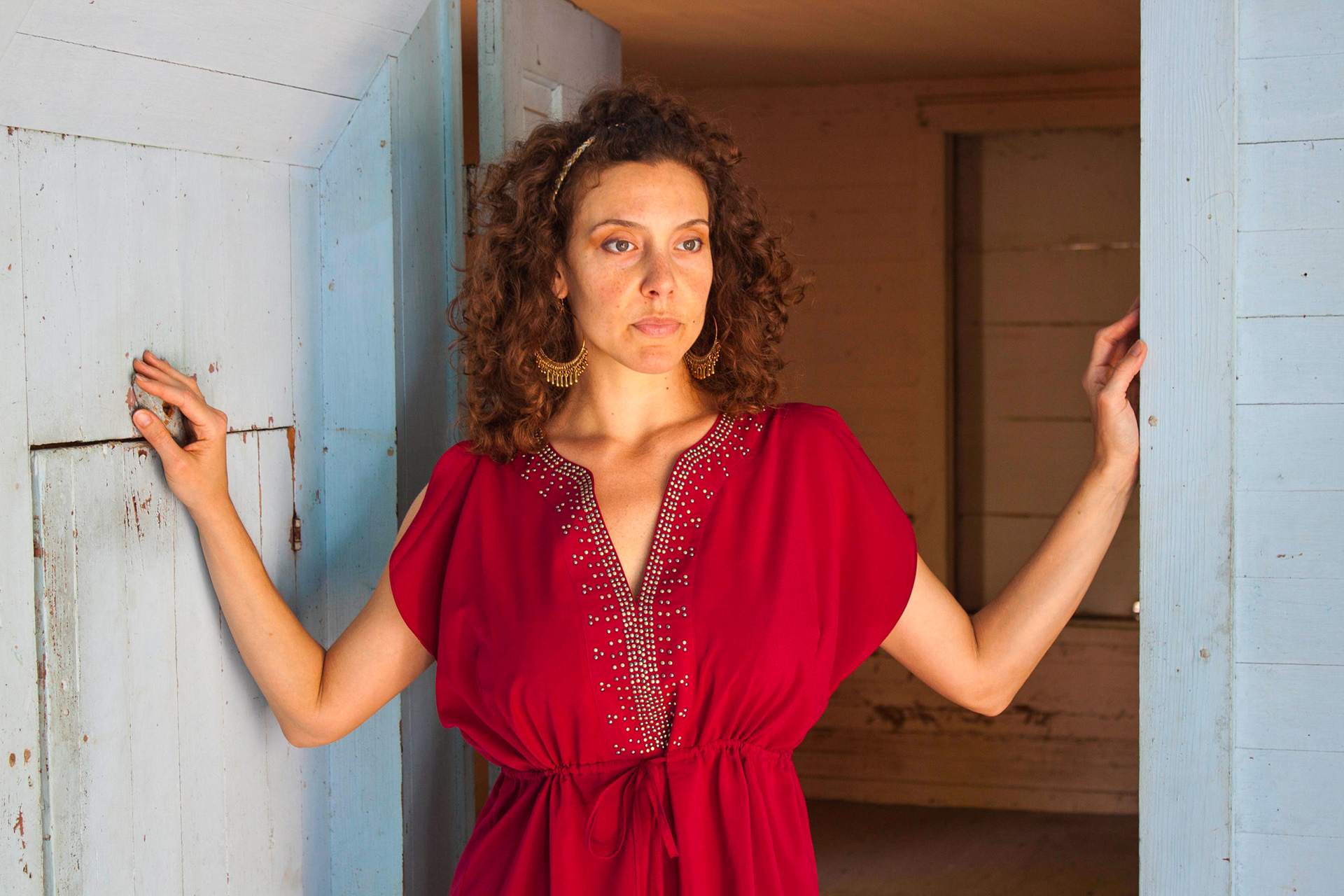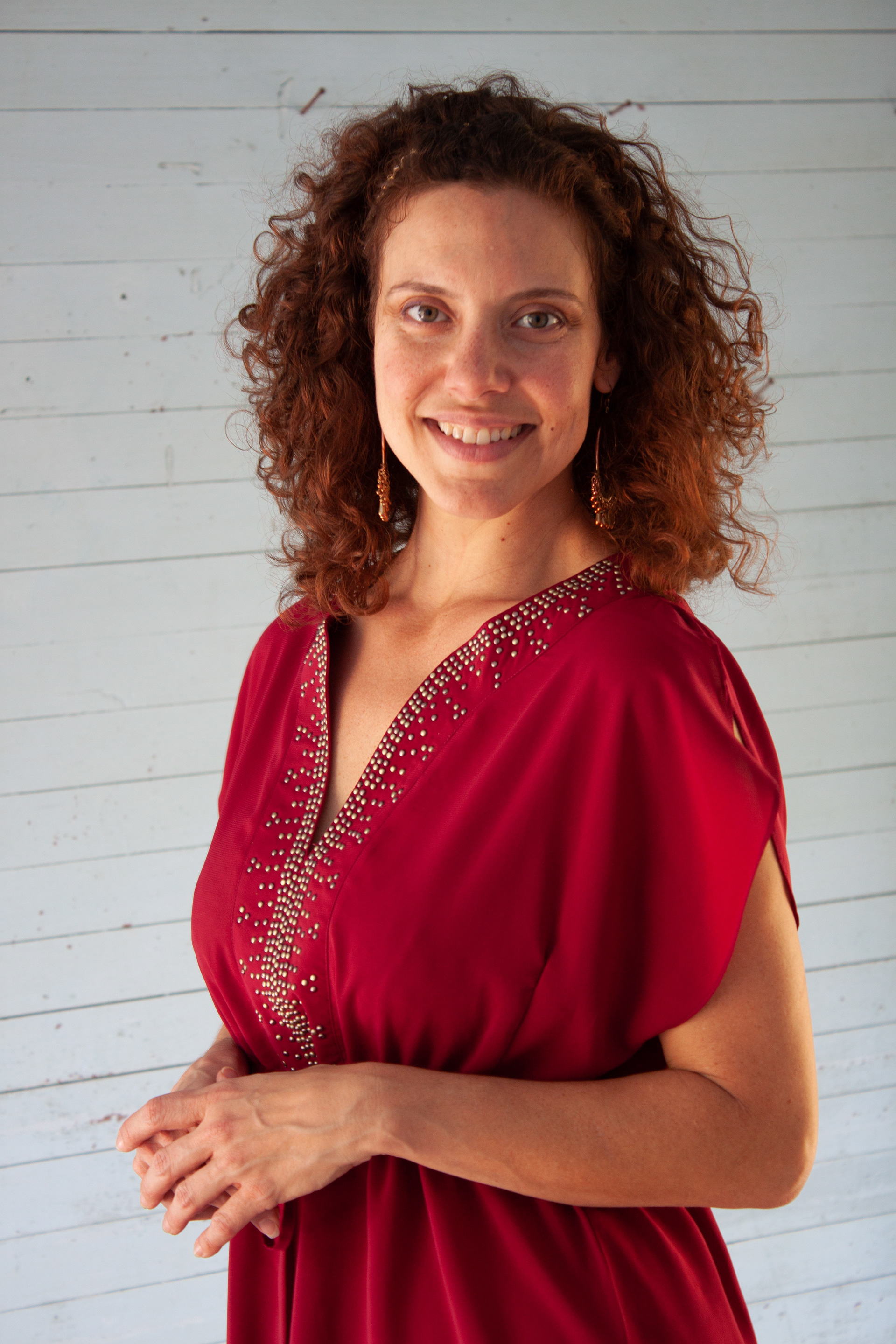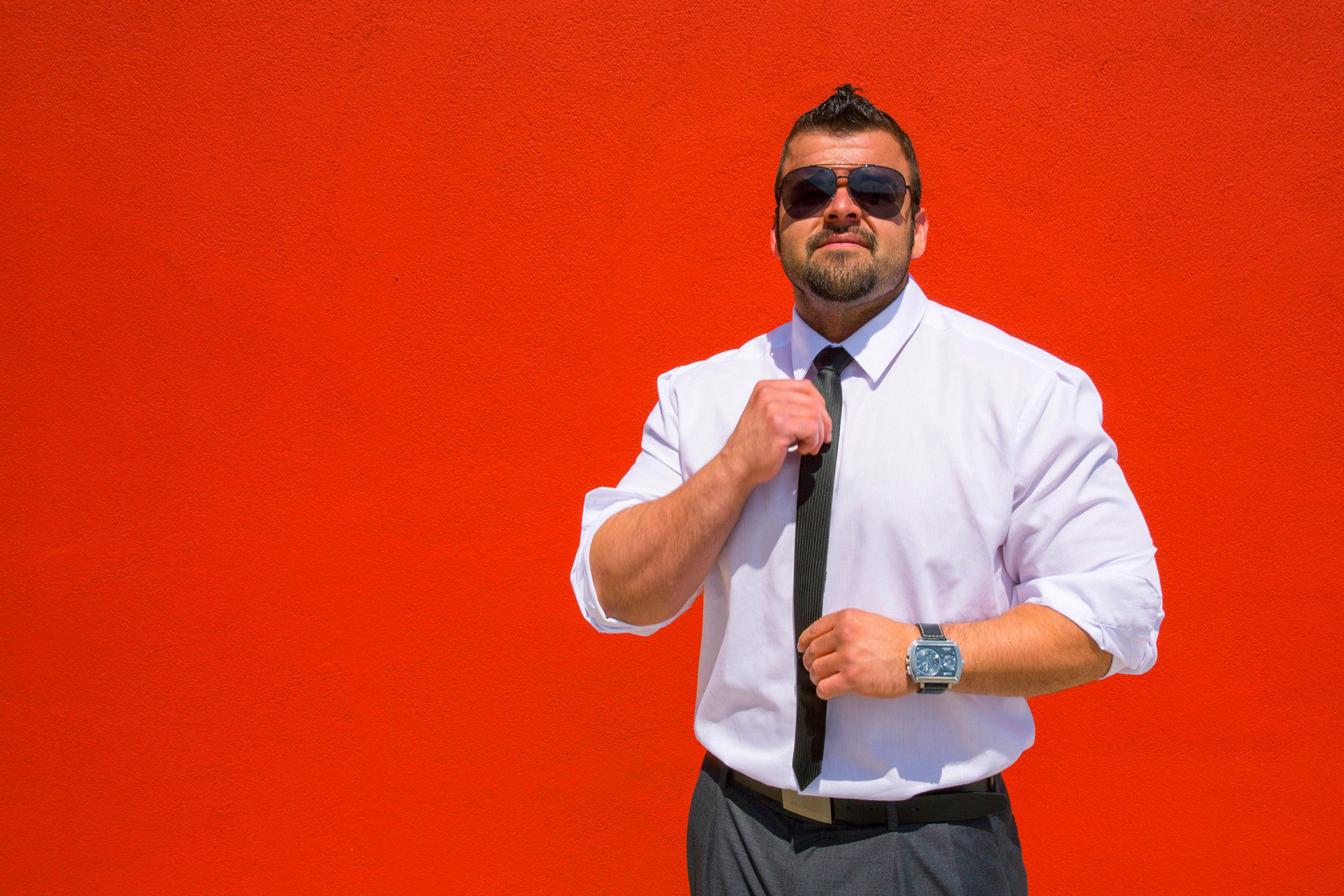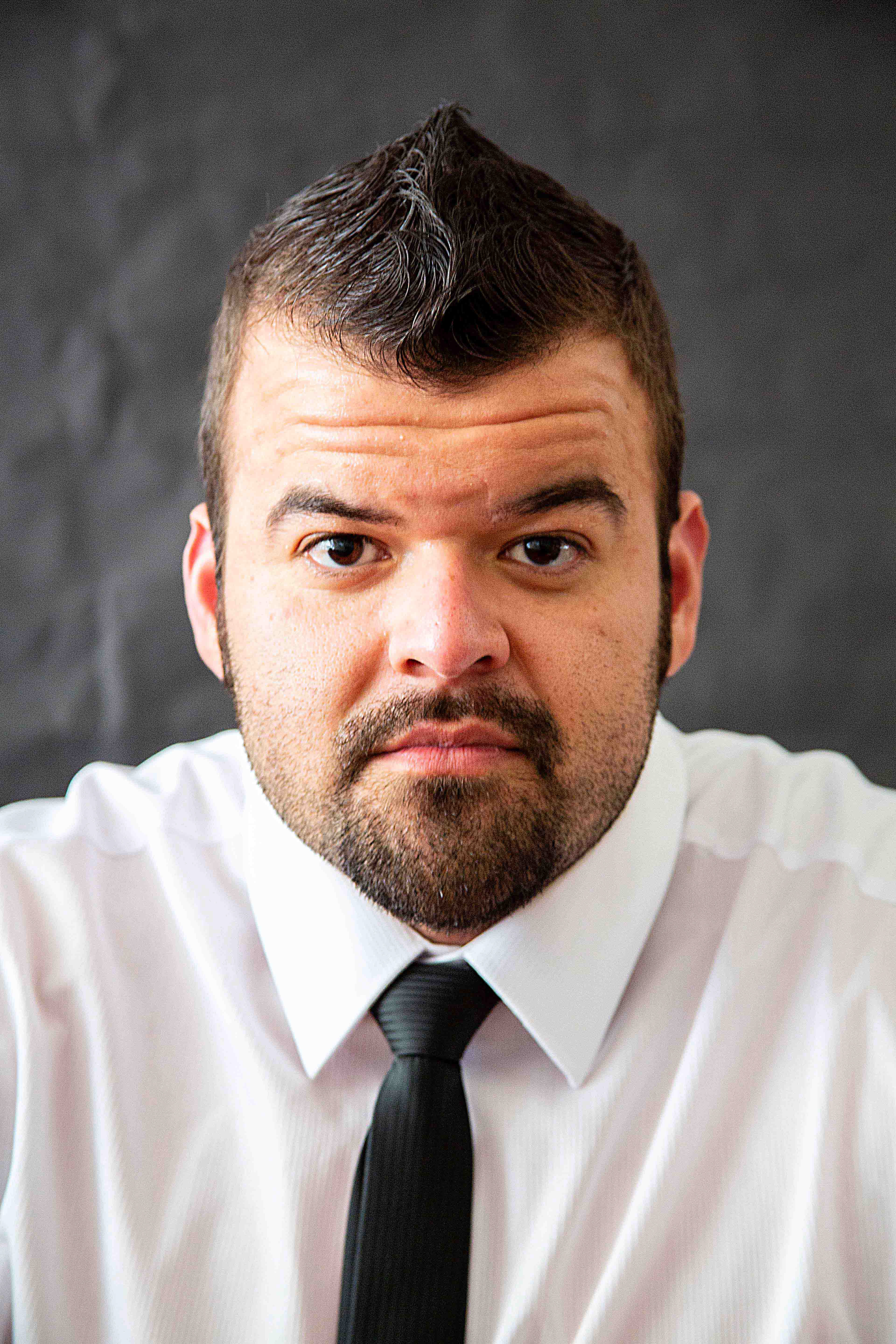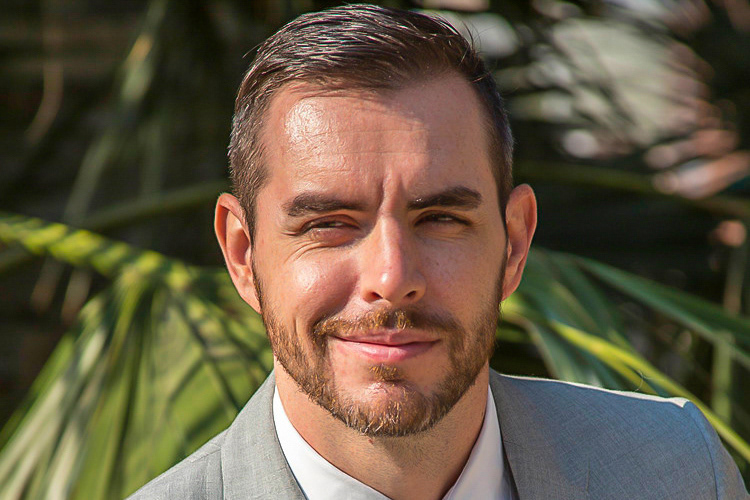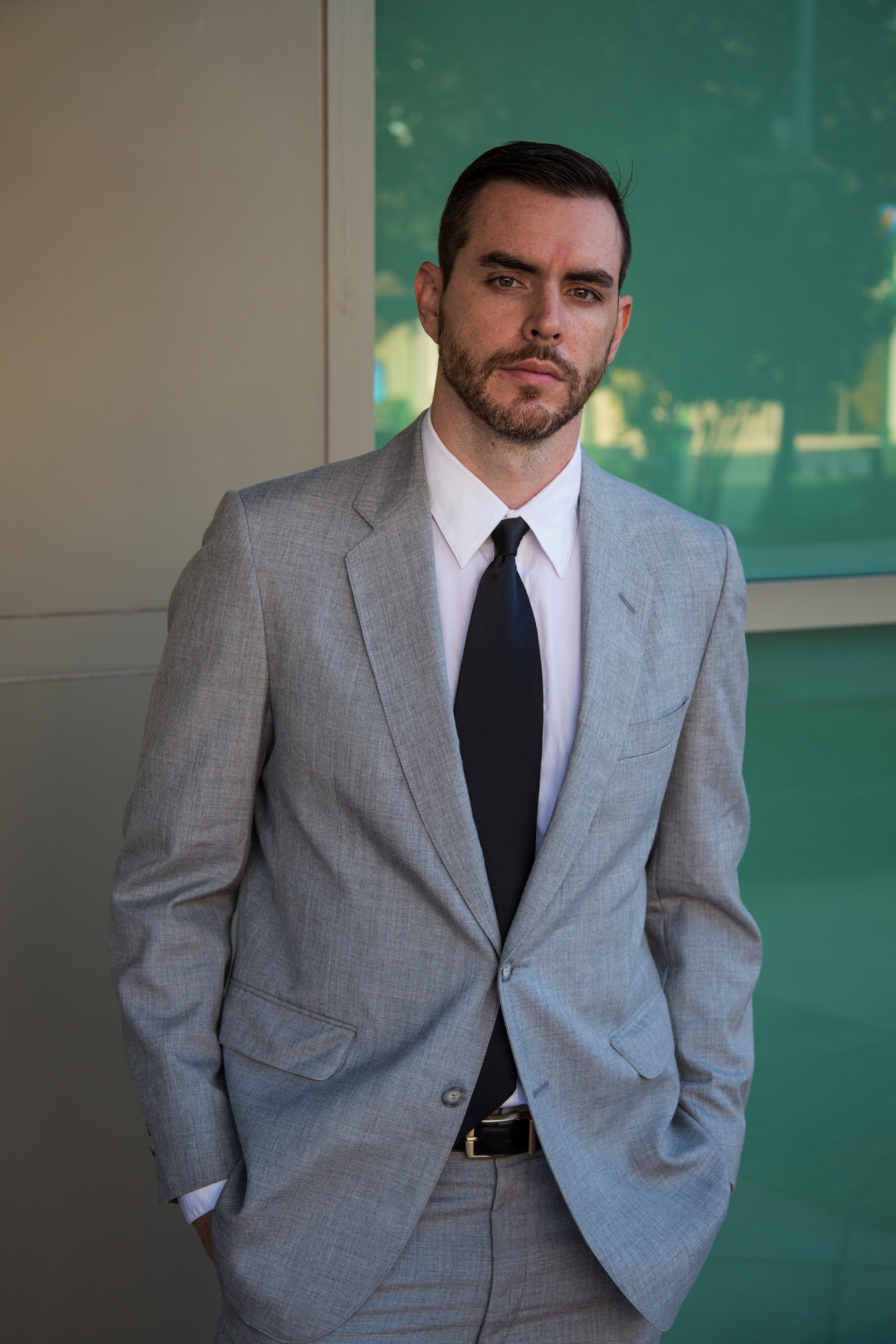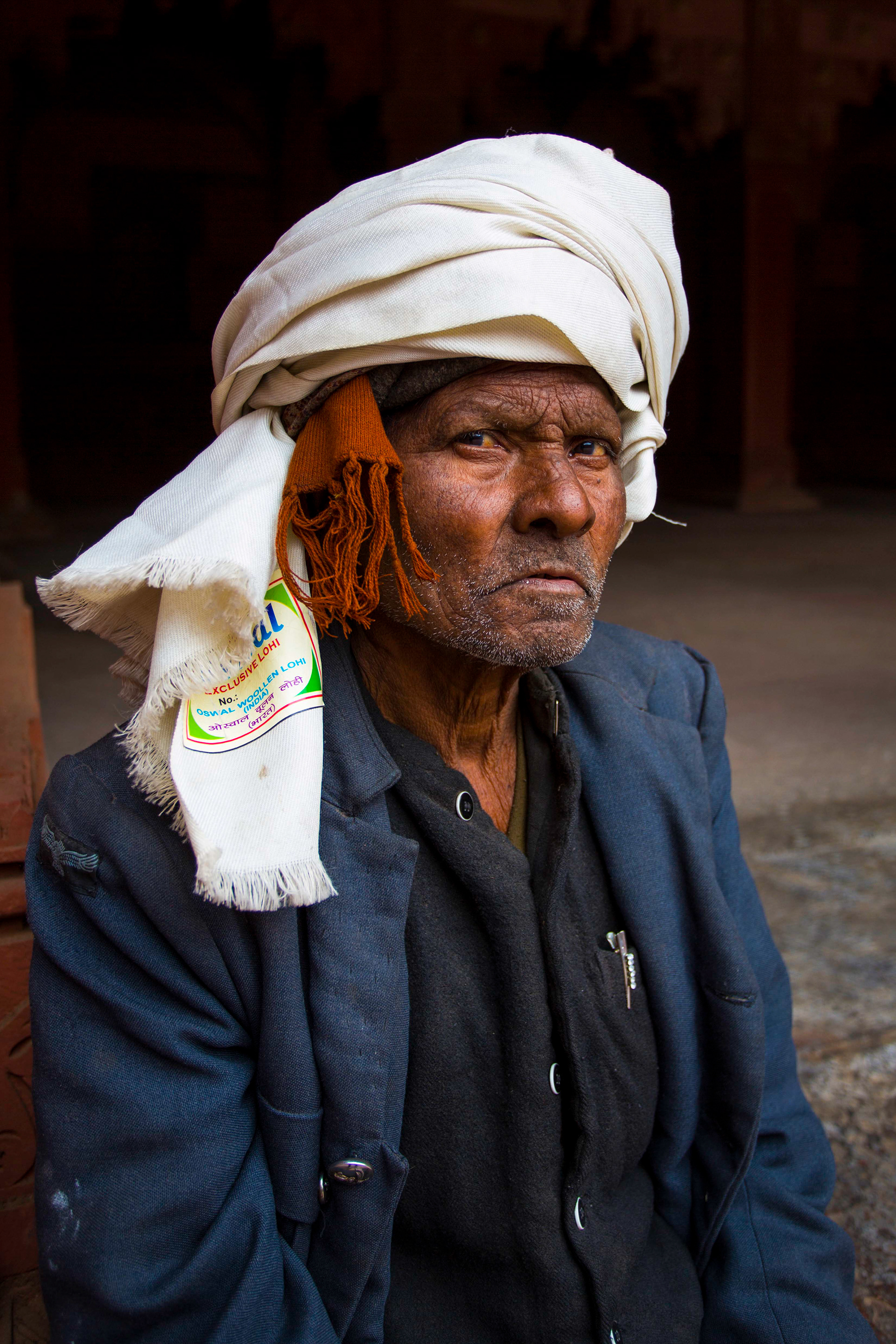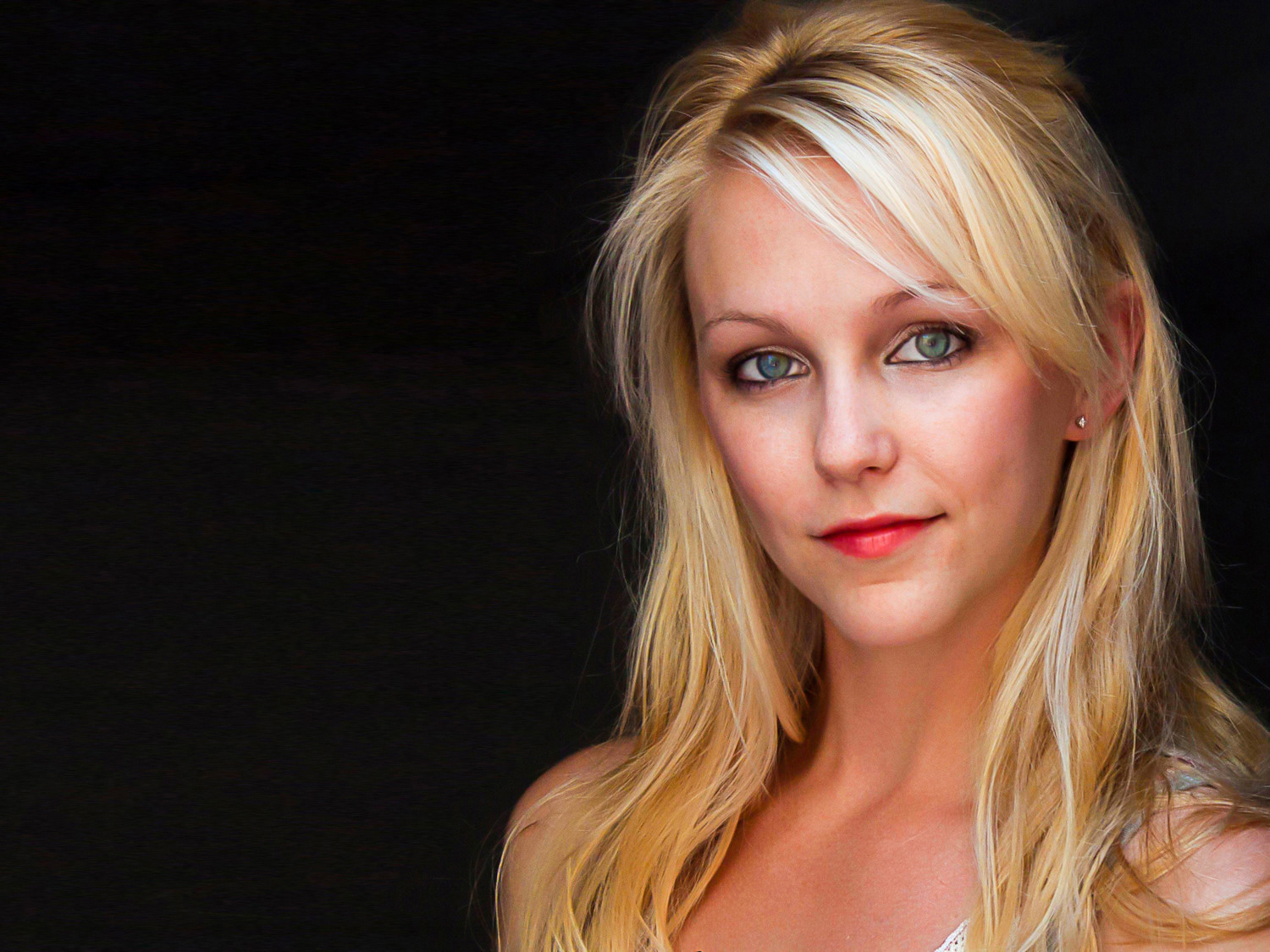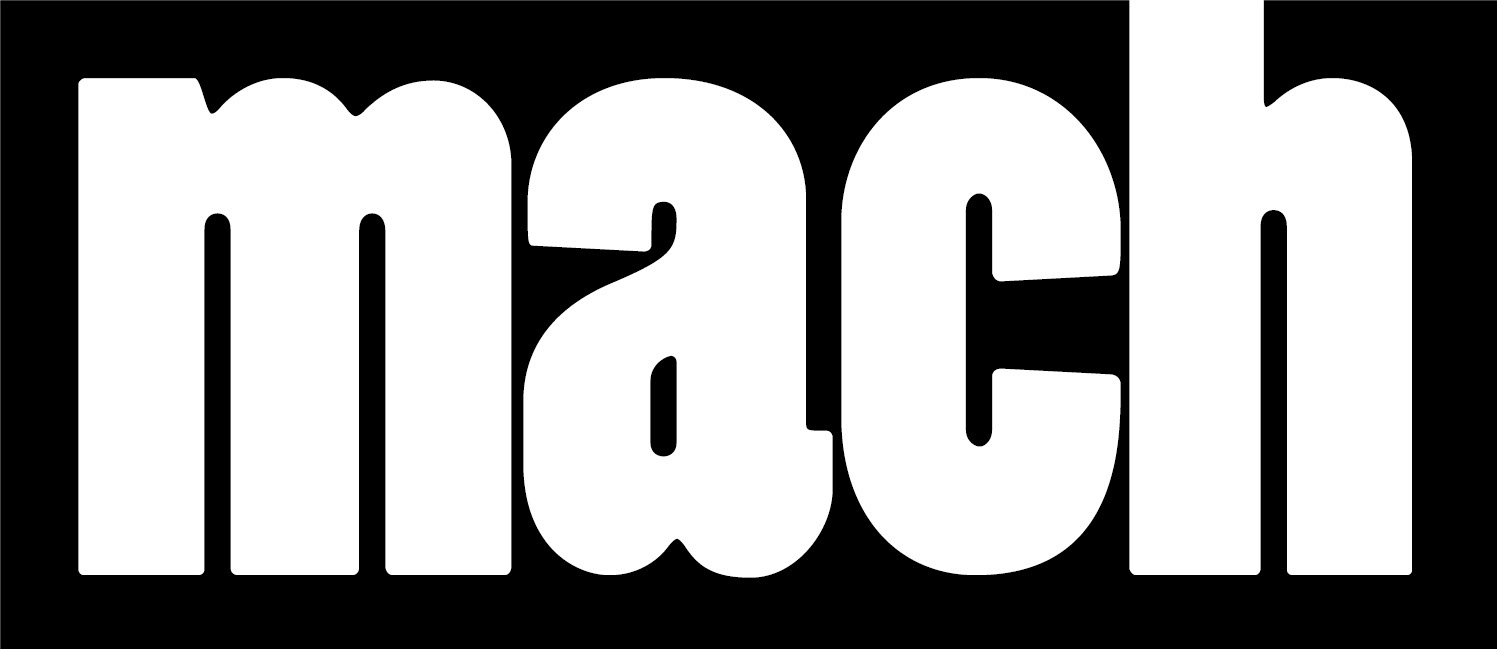What can you do to impact how you look in your portrait/headshot? Lots. There's substantial data on this and even more opinion. Let's look at the data. Photofeeler is a website that allows you to upload your portrait/headshot and have it ranked by other visitors to the site on three attributes; likable, influential, competent (Hey, doesn't that sound awfully close to warm, trusted and competent?) They gathered the data and came up with some results about what works best in portrait photos. For example, an open mouth smile is better, conversely a closed mouth smile is about half as effective and an out and out laughing smile can negatively impact your competence and influence rating. Portraits that show head and shoulders and/or head to waist are better than portraits that are too close because the camera lenses can distort features when you are too close. On the other hand you don't want to be too far away because people need to be able to recognize you. Squinching is actually a thing and if you do it, it will bring up your scores in all three areas. Squinching means to slightly squint your eyes by bringing up your lower lid more toward your upper lid. At the same time if you push your forehead toward the camera and ensure that there is a clean jawline visible, that is a winning combination. Eyes open wide are associated with fear. This eliminates that and at the same time it brings energy and confidence.
"All right, Mr. DeMille, I'm ready for my close-up." - Gloria Swanson as Norma Desmond in 'Sunset Boulevard'
Interestingly setting does not improve scores. Neither does having your photo in black and white versus color. Also don’t block people from seeing your eyes. Dark glasses and sunglasses reduce your likability score. Nothing influenced perception more than formal dress. For all you lovers of t-shirts and jeans; that's great, I love them too, but when it comes to a portrait for business and/or Social Media your best bet is a dark-colored jacket over a light shirt or blouse. You may well be asking 'Now I know all of these things, why do I need a professional photographer'? Do you know what Depth-of-Field is or how composition can affect the overall look and feel. What about lighting? These are all things that your photographer knows about. In fact there are lots of things a professional photographer will know about that will benefit you in the long run. Most people get their hair cut by a professional every 6-8 weeks because no one wants to walk around with a haircut they did themselves. The same applies to your portrait/headshot. You have this thing for 2-3 years. Do the right thing. Editing should be fairly minimal. Temporary situations like acne and skin blemishes can be corrected, but no one should be giving you that nose job or chin tuck you always wanted.
"I can understand there are things like shadows they need to fix after a shoot, but it's unfair to represent an image of yourself if it's not true. They're gonna see what you look like on film anyway, so why try to cover all your wobbly bits in a photo?" - Emily Blunt
In Summary:
There is empirical data showing that three characteristics stand out as crucial when building a good foundation for personal and professional brands and they are:
* Likability
* Trust
* Competence
There is empirical data showing that three characteristics stand out as crucial when building a good foundation for personal and professional brands and they are:
* Likability
* Trust
* Competence
Also, we know how to bring out those characteristics in photos, and we know that photos are one of the easiest and most impactful ways for us to represent ourselves on the Web, in Social Media. This is just one path to successfully representing your brand in this hyper-connected world we now live in.
Martin Leitch runs MACH Photography in Austin, Texas.
